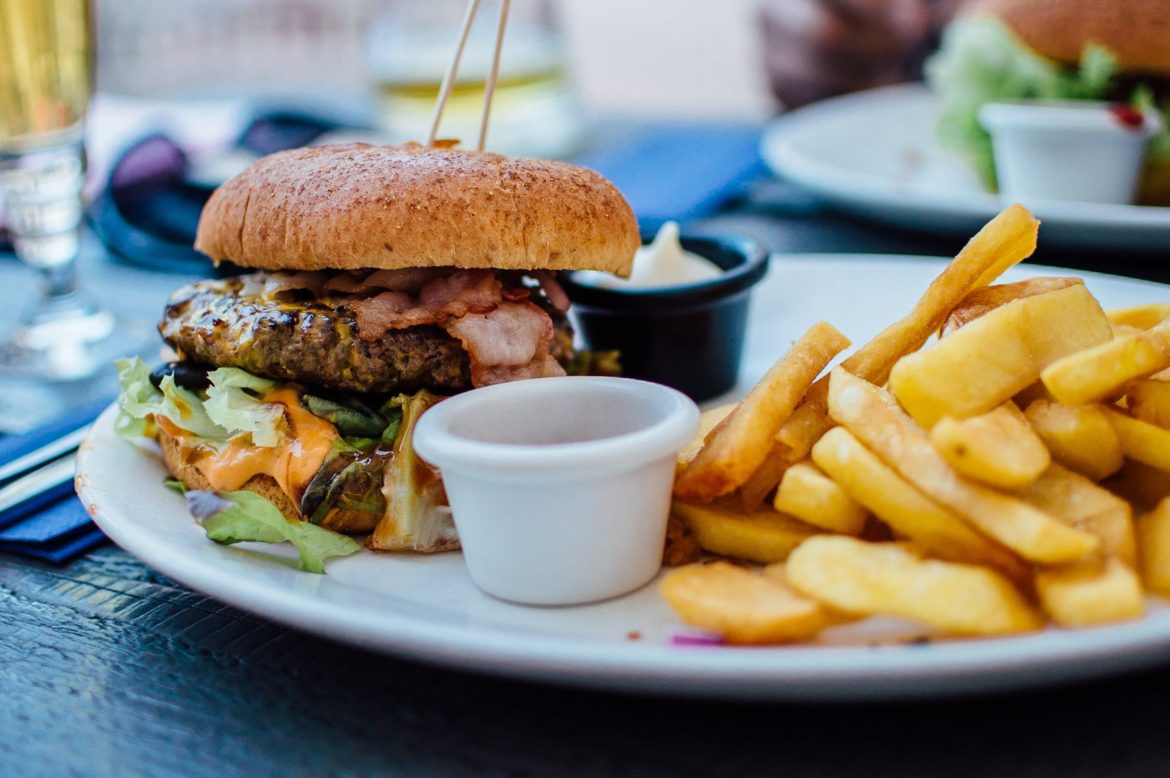Over the years, we’ve been learning more and more about how harmful bad gut bacteria is for our mental health.
We’re also hearing more and more about the role diet plays in our mental health (I’d bet the most common sentence on the interent is, “Instead, doctors suggest plenty of fresh fruit and veggies”).
And now a new study from the Joslin Diabetes Center makes the link complete — it’s precisely because of how diet affects our gut bacteria.
When researchers gave mice a high-bad-fat diet, the mice showed much more clinically-depressive behavior. However, when they gave them antibiotics to clear the bad gut bacteria, their behavior returned to normal.
Okay.
Now the fascinating part? Researchers then gave mice the antibiotics WHILE they continued to eat terrible food, and the mice’s behavior returned to normal WHILE they were eating the terrible food.
That’s because the bad gut bacteria was getting cleared out. It didn’t matter that their diet was bad, as long as their gut profile was healthy.
So clearly, the depression was related to one specific consequence of the terrible diet — the way it contributed to bad gut bacteria.
And it suggests that if you have a bad diet but somehow maintain a healthy gut bacteria profile (good luck with that), you probably wouldn’t be at a greater risk than average for depression.
So this suggests that gut bacteria, and not diet, is the driving factor (though, as I said, both are linked). The question is what’s the MAIN driver (the X variable, as they say), and it seems to be gut bacteria.
At this stage, the researchers have not specifically targeted which bacteria could be causing the neurochemical changes, or what mechanism may be generating the effects.
But it’s a compelling beginning and yet another piece of strong evidence suggesting the bacteria in our gut has a more profound effect on our well being than we ever previously realized.
The news media is endlessly speculating over why depression is on the rise, and there are lots of sexy potential explanations — more screen time, social isolation, social media, over zealous doctors who define a cry as depression.
All of these could definitely contribute, but the reality might be that our crappy Western diets are as much to blame as anything.
Studies like this really are part of this site’s raison d’etre.
The Christian church historically tends to tell Christians to pray their depression away, when in reality, they should say, “Pray your way to a good probiotic.” Or “pray your way to a better diet.”
How tragic that we’ve been pointing people to spiritual answers for physical, medical problems.
If your depression is related to bad gut bacteria, the way to pray might be, “Lord, give me the self-control to refuse the Oreo.” Or, “Lord, please help me find that Live Strong review of the best probiotics” (here you go).
As Dwight Carlson (hat tip: Amy Simpson) writes in his book, Why Do Christians Shoot Their Wounded:
“Most people consider it appropriate to call a roofer when the roof leaks, a plumber when the sink won’t drain…Though God could miraculously solve each of these problems, in most instances he doesn’t. IT has nothing to do with his ability or his sufficiency for the task. He is able to, but he chooses not to use that means.”

